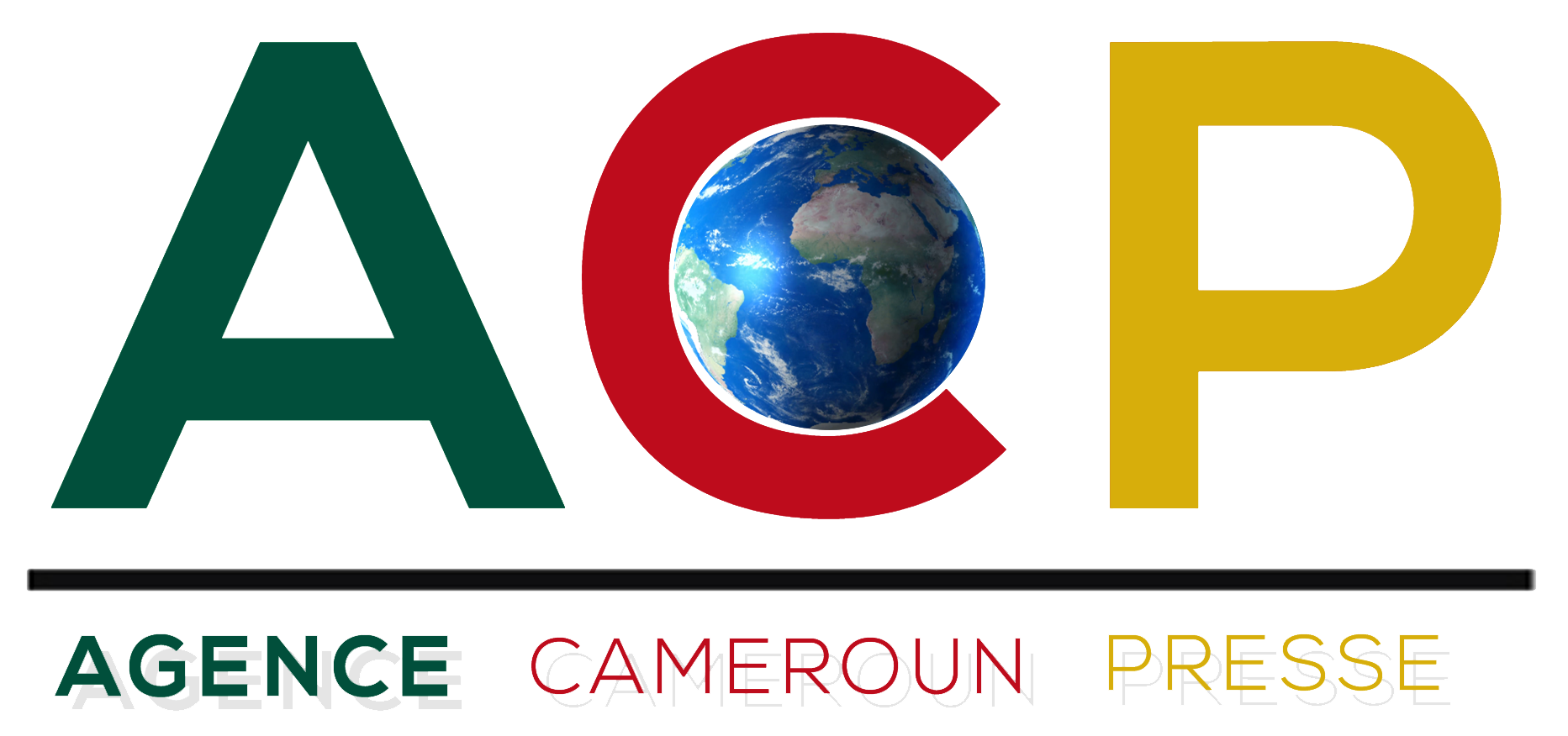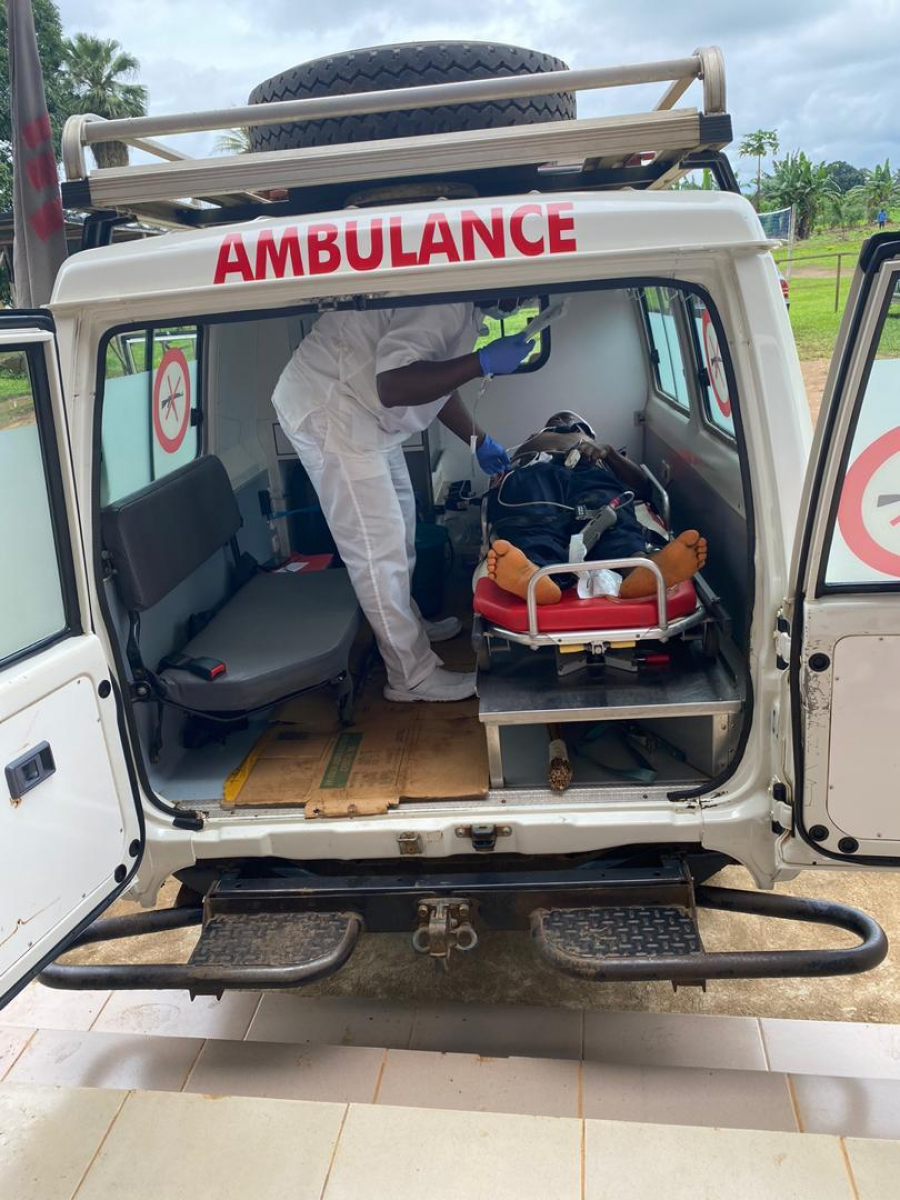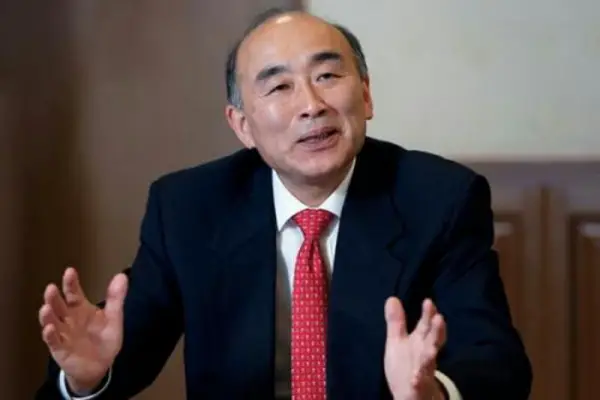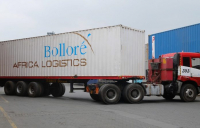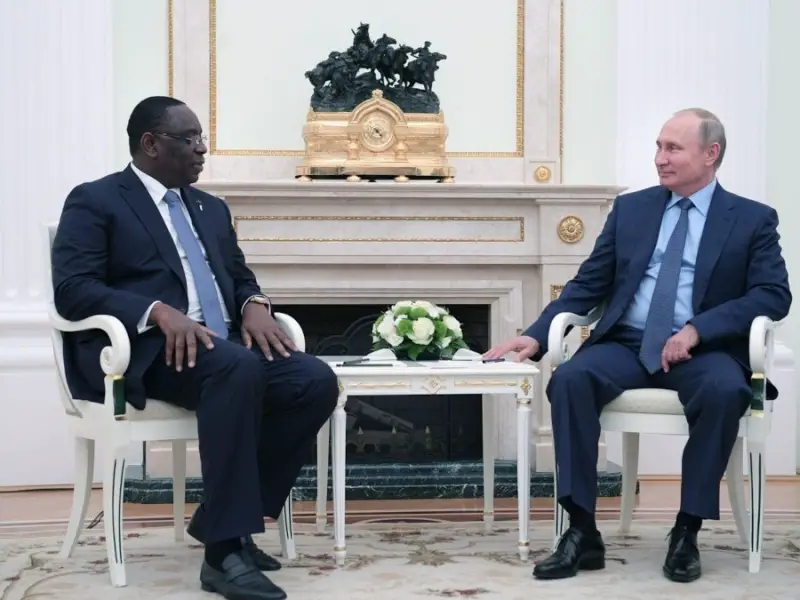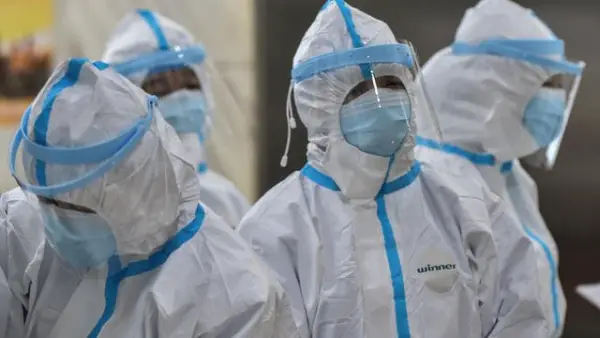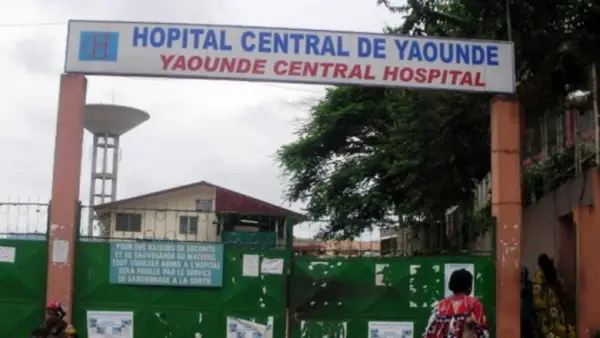The international medical humanitarian organisation, Doctors without Borders has announced the withdrawal of its team from the crisis-hit North West region of Cameroon, putting at risk the lives of thousands of people.
In a release issued Tuesday August 3, the international humanitarian non-profit organisation says it is quitting the region following nearly eight months of suspension by Cameroonian authorities.
“After nearly eight months of suspension by Cameroonian authorities, medical humanitarian organisation, Médecins Sans Frontières/Doctors Without Borders(MSF) has been forced to withdraw its teams from the North West region, an area badly affected by years of armed violence between security forces and armed separatist groups…” Part of the release reads.
In effect, activities of the medical humanitarian body were suspended some eight months ago in the North West region by authorities of the region on grounds that it has been helping separatist fighters.
“We cannot stay any longer in a region where we are not allowed to provide care to people"…Said Emmanuel Lampaert, MSF’s operations Coordinator for Central Africa. "Unfortunately, we cannot keep our staff on stand-by any longer so we have no choice but to withdraw our teams."
Conscious of the need for medical assistance that is more and more increasing in the region due to renewed violence from both sides, the Operations Coordinator said the organization will keep a small liaison office in Bamenda to continue dialogue with the authorities for a positive way out.
MSF has been among the few NGOs providing free emergency medical care and ambulance service to the region since 2018 until December 2020 when Cameroonian authorities suspended its activities after accusing the organisation of cooperating with separatist fighters and talks with the Government has visibly yielded no fruits, reason why the humanitarian organisation is withdrawing its teams.
The close to five years of conflict in the region and neighbouring South West has displaced hundreds of thousands of people and left many healthcare facilities no longer functional as many struggle to have access to the remaining open healthcare facilities due to financial, security and geographic constraints.
S.K.
